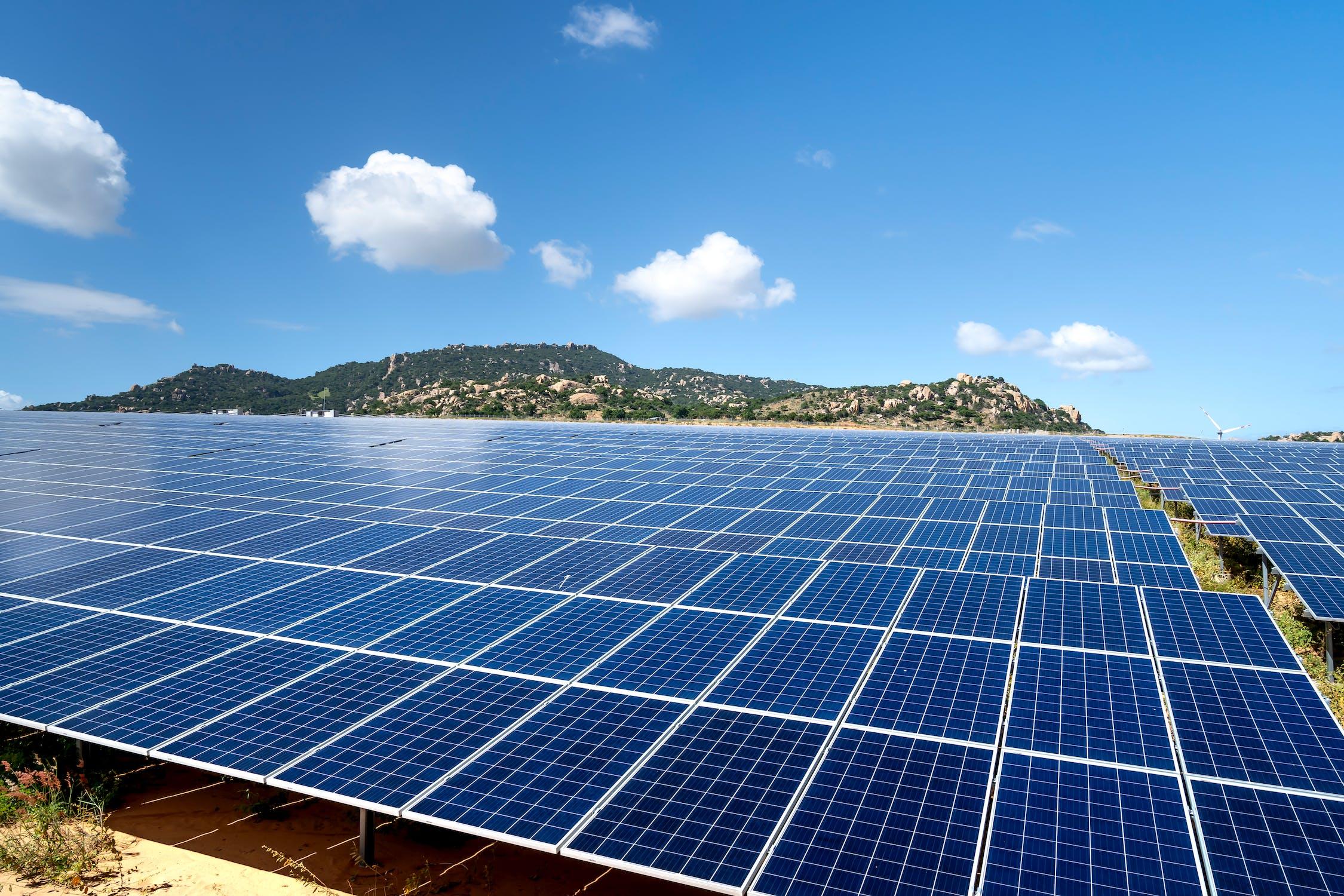A quick introduction to solar equipment leasing
Understand the pros and cons of solar equipment leasing
While the upfront cost of solar panels may be too much for some homeowners, the potential benefits are worth it. Going solar can increase home value by 4%, and save you thousands in energy costs. However, giving up ownership means giving up a share of your profits from going solar. Some people find it more advantageous to instead lease their panels, rather than buy them outright. Here are six pros and cons of leasing solar panels so that you can decide whether this is a good investment for your home.
Understand how solar panel leasing works
Solar panel leases provide the opportunity for people in solar-friendly jurisdictions to produce their own electricity without investing their capital. You just pay for it according to a monthly agreement, and there are many pros of this sort of lease that make the cons nearly negligible.
The Pros of Solar Equipment Leasing
There are many benefits to renting, as well as good reasons for leasing. Building tenants often seek out a lease option due to the flexibility and convenience it can provide, especially if the tenant does not enjoy a high credit score or has no collateral to apply for a business loan to cover the upfront costs.
Benefits of Solar Leasing
- Avoiding Installation Costs
The average cost of solar installations for a business start at around R500k for a small system, however, the price will fluctuate depending on how much energy your business consumes.
If you don’t want to make a large upfront investment in solar panels, you can instead pay for their use over time.
- Avoid Maintenance Costs
Some leasing programs include free installation, maintenance, monitoring, and warranties on the rented panels to make it easy for business owners to enjoy the benefits of solar energy without the above hassles.
Your solar panel efficacy is guaranteed through your lease agreement. When you own solar panels, you will notice higher repair costs once the warranties expire due to prolonged wear and tear.
Potential cons to solar leasing are harder to identify than the benefits. As with any major decision, it is important to have all your bases covered before signing on the dotted line.
- It can be costlier
Though you can save money when you lease a solar panel instead of buying one, renting an asset means you’ll pay more over time. The best way to enjoy the most savings with solar panels is to buy it outright. But if that is going to seriously impact your cash flow or you don’t plan on owning the premises past the end of the rental period, it does not make financial sense to buy the panels outright so therefore leasing is the better option.
It can take up to 25 years to pay off a solar power installation and enjoy completely free electricity, whereas with solar leasing, cheaper tariffs are realised much faster.
- Tax Rebate
Buying a solar panel system outright does provide more tax incentives for your business but leasing can also be a tax write off because it is a tax deductible expense.
- Can Potentially Impact Resale Value of Business Premises
Leases are long-term obligations, so regular prospective property buyers might not like a business property because they don’t want a lease. However, our flexible equipment rental agreements allow for flexible rental periods and terms, so if you are planning to sell and the contract period is ending, the system can be removed if the new owner is not interested in continuing the lease agreement.
- Missing out on the ROI
Buying solar panels will help you make a return on your investment when you sell the property. However, the benefits of enjoying solar power maintenance free greatly outweighs this small drawback.
The major benefits of solar leasing certainly outweigh the cons, especially if your business does not have the capital to invest in the upfront costs of solar leasing or you have multiple premises that would make solar ownership unfeasible. Apply for solar equipment finance on our website.


